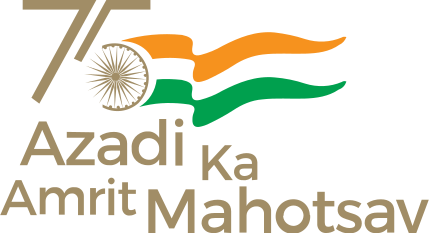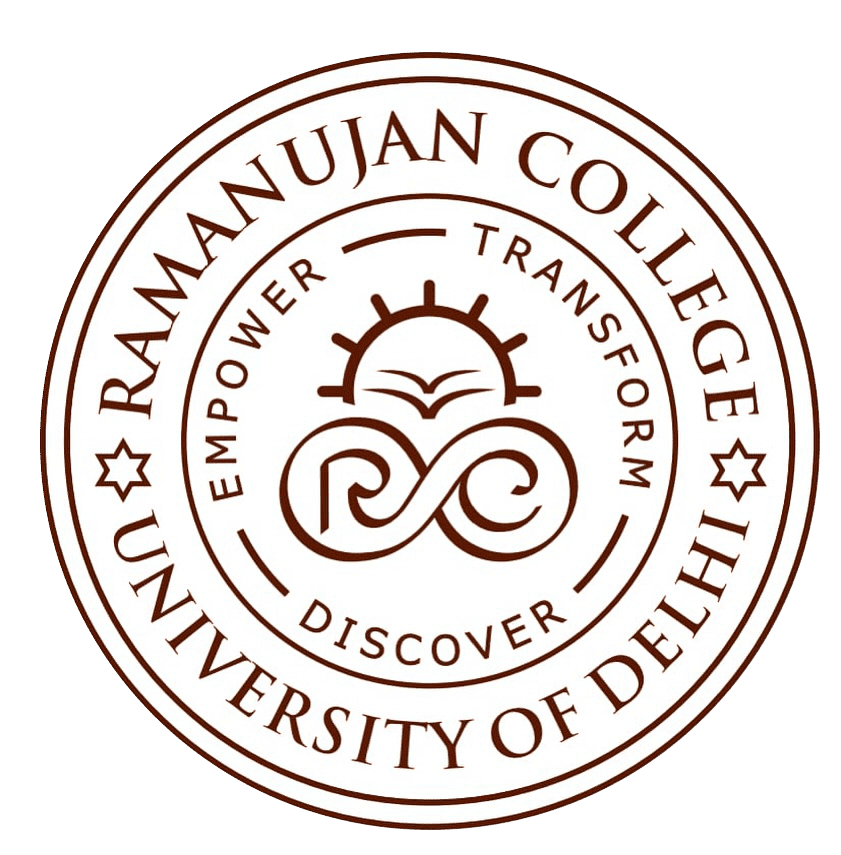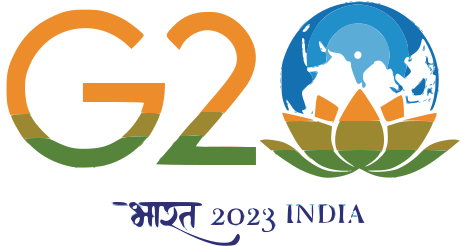
The National Education Policy (NEP) 2020 draws inspiration from the profound and timeless knowledge embedded in ancient Indian thought, serving as a guiding principle for its formulation. Rooted in the pursuit of knowledge (Jnan), wisdom (Pragyaa), and truth (Satya), the ancient Indian philosophy regarded these as the pinnacle of human aspirations. The educational objectives in ancient India extended beyond mere acquisition, focusing on the comprehensive realization and liberation of the self.
Eminent centers of learning, such as Takshashila, Nalanda, Vikramshila, and Vallabhi, epitomized the highest standards of multidisciplinary teaching and research. These institutions attracted scholars and students from diverse backgrounds and countries, creating a melting pot of intellectual exchange. NEP 2020, acknowledging this heritage, aligns with the historical precedence of fostering excellence through multidisciplinary education.
The legacy of Indian education produced a cadre of illustrious scholars, including Charaka, Susruta, Aryabhata, Varahamihira, Bhaskaracharya, Brahmagupta, Chanakya, and others. Their seminal contributions spanned fields such as mathematics, astronomy, metallurgy, medical science, surgery, civil engineering, architecture, shipbuilding, navigation, yoga, fine arts, and chess. The NEP 2020 recognizes the significance of integrating this vast array of knowledge into the modern educational framework, fostering an environment that nurtures creativity and interdisciplinary thinking.
Guided by these principles, the Department of Mathematics at Ramanujan College has undertaken the initiative to dedicate a page to celebrate ancient Indian mathematicians. The aim is to raise awareness among students about the rich mathematical tradition in ancient India and highlight the significant contributions made by various luminaries in the field. This endeavor reflects a commitment to integrating historical wisdom into modern education, inspiring a new generation to appreciate and carry forward the legacy of ancient Indian mathematics.


